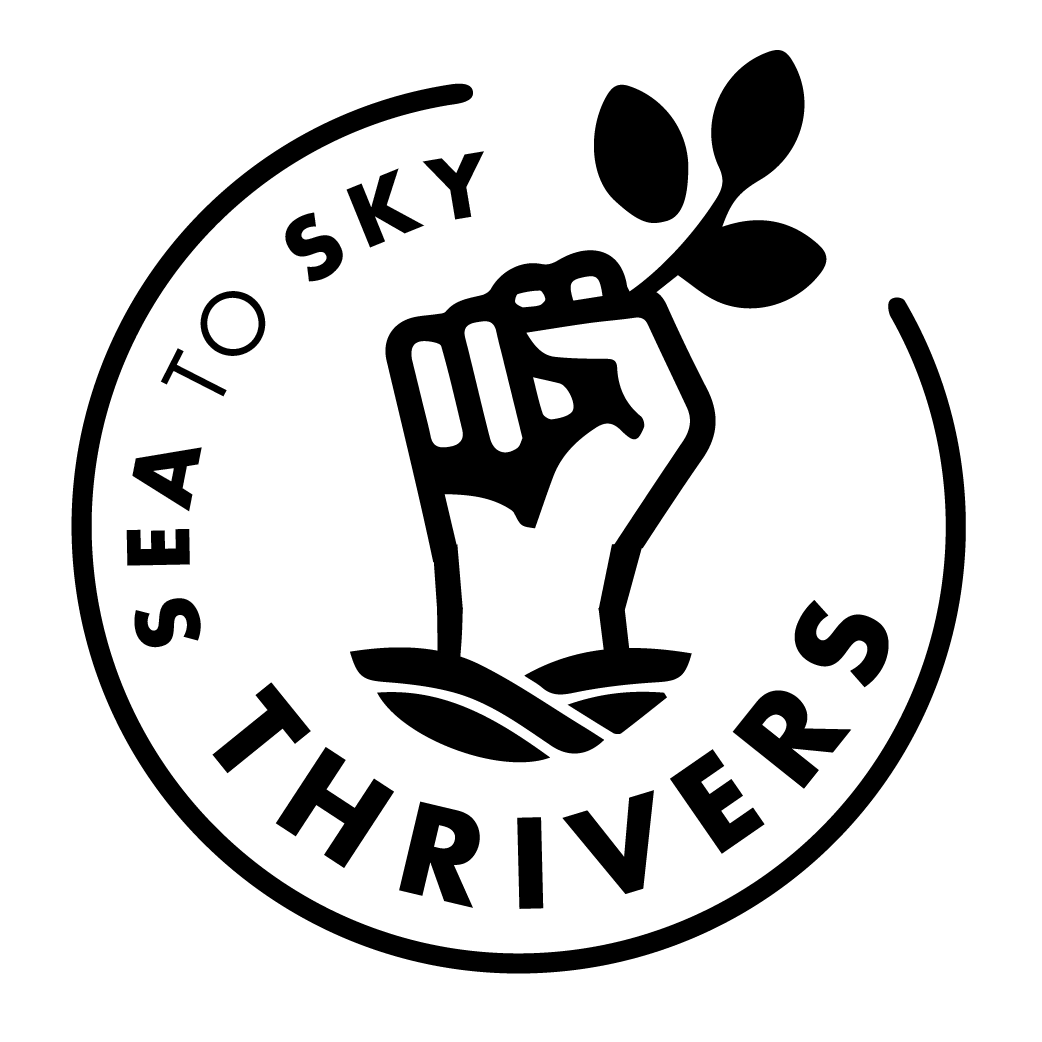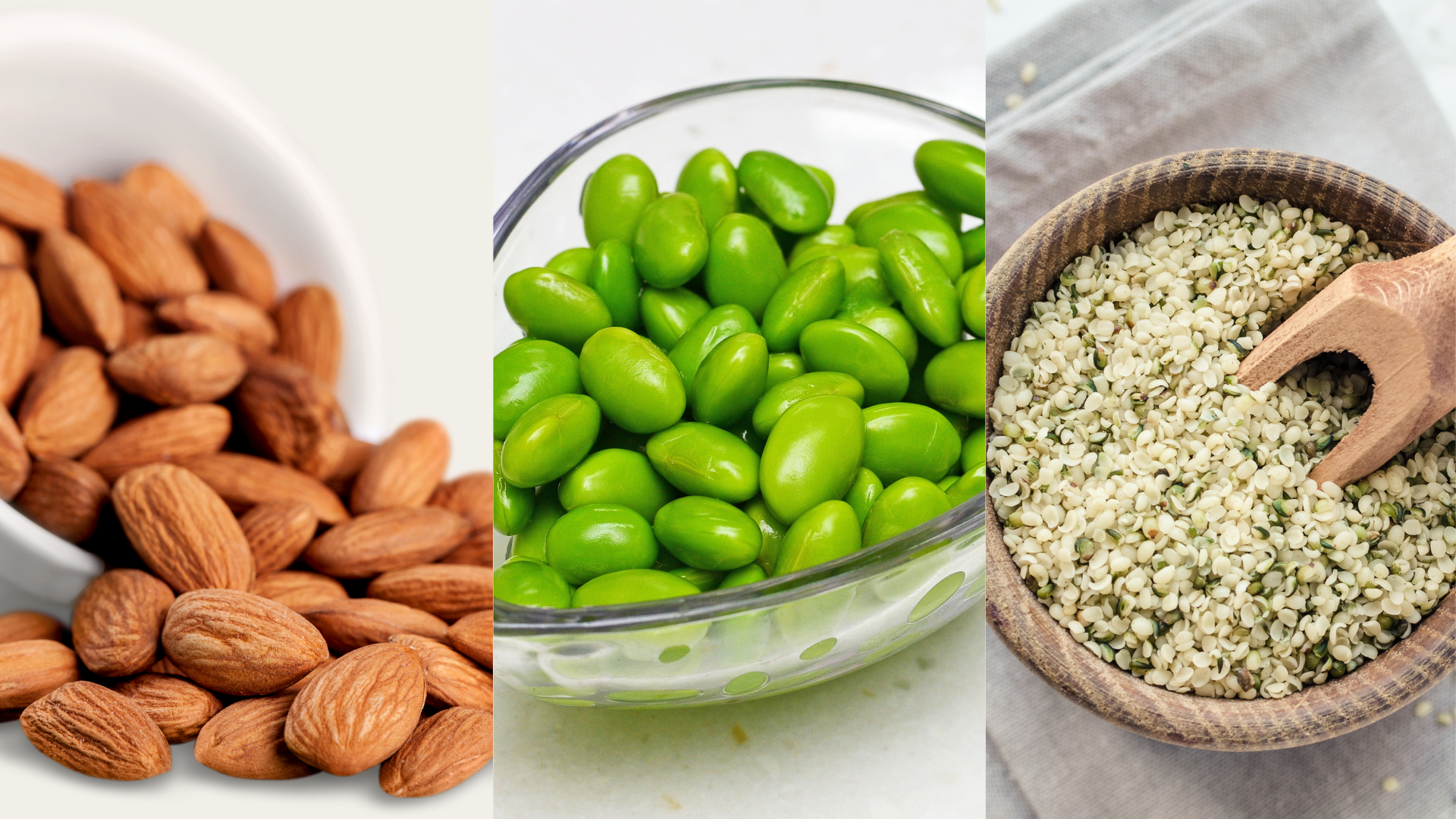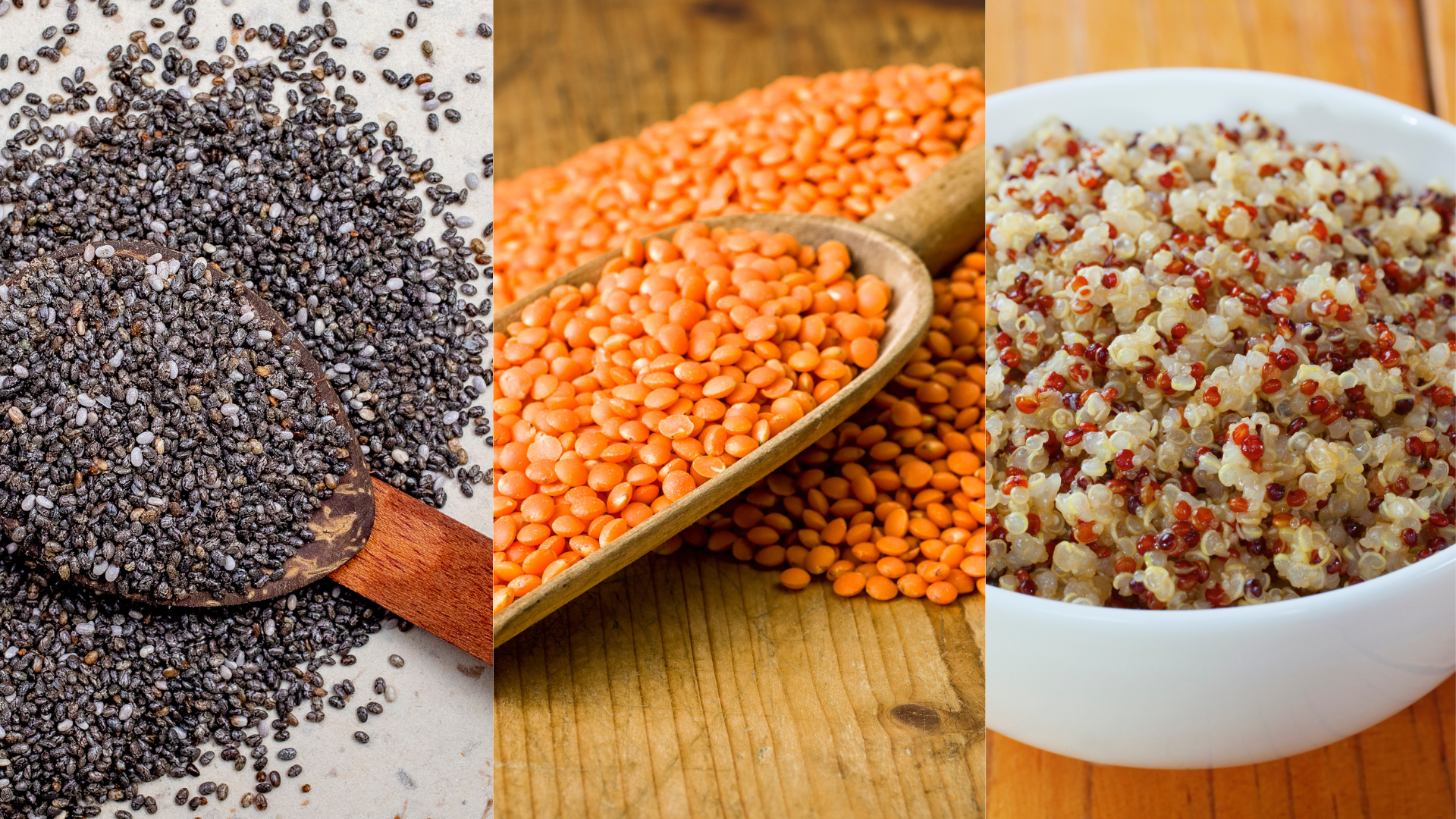DEBUNKING THE PROTEIN MYTH
I follow a vegan diet. Essentially, this means I eat mostly plants. It seems every day I am bombarded with questions about my diet from seemingly concerned family members, friends, and even strangers. One question I get asked all the time is, “Where do you get your protein?”
Conventional wisdom would like to suggest that ‘plants’ and ‘protein’ simply don’t belong in the same sentence. I’m here to slay the meat = protein myth and tell you that you can ‘meet’ your protein needs from healthy plant-based sources.
So, what are proteins and amino acids? Proteins are the building blocks of life and are critical in building and repairing muscle tissue (1). Proteins consist of twenty different amino acids, eleven of which can be produced naturally by our bodies (2). The remaining nine are called essential amino acids and must be obtained from the foods we eat. So technically, our bodies require certain amino acids, not protein per se (3).
So, where do we get these essential amino acids? They are produced by plants and are found in meat and dairy products, but only because these animals have actually eaten plants (4). Like humans, animals cannot produce every amino acid that is essential for complete protein. Of those nine essential amino acids, there is one that you should pay particular attention to if you follow a 100% plant-based diet: lysine.
Lysine is the least abundant amino acid obtained through plant foods. That means you must consciously include lysine-rich foods in your diet to supply the body with all the protein-building blocks it needs.
HOW MUCH PROTEIN DO WE ACTUALLY NEED?
Despite our society being obsessed with protein, protein ‘deficiency’ is rare in the developed world. The average recommended intake of protein is 42 grams a day (5). Dr. Greger, the author of ‘How Not to Die', cites that 97% of Americans are eating enough protein (6).
Dr. Garth Davis, an expert in weight loss, asks, “Is all this protein making us any healthier?” The answer he argues is NO. According to Dr. Davis, as a nation, Americans are on a protein binge, which is making them sick, fat, and tired (7).
So, where did this idea come from that following a plant-based diet leads to a doomed life of protein ‘deficiency’?
We are living in a society in which we have been wilfully misled to believe that meat and dairy products are the only sources of dietary protein we should consume. This message is everywhere.
Hayley Wickenheiser, the face for Maple Leaf’s ‘Protein Builds’ Campaign
In 2015, Maple Leaf Foods Inc., the largest producer of processed meat in Canada, came out with an ad campaign called “Protein Builds”(8). Five-time Olympic medalist Hayley Wickenheiser, campaign spokesperson, is not only a world-class athlete, but she also mentors and hosts an international tournament for young female hockey teams.
In the campaign video, Wickenheiser specifically identifies meat, poultry, eggs, and dairy as ideal ways for a body to get its needed protein.
“…Sometimes young girls are putting themselves at risk of nutrient deficiencies by avoiding certain protein-rich foods like meat,” (9) she said. Wickenheiser also identifies lean turkey sandwiches and chicken strips as good examples of protein.
This animal-protein push is not only based on lies; it’s killing us. Eating this way is indeed a contributing factor to our epidemic of heart disease (the world’s #1 killer) and many other lifestyle-induced illnesses that have caused us to become one of the sickest societies on Earth.
The health risks of a meat-heavy diet are no secret. For years, doctors have warned about the correlation between processed and red meats and disease. In 2014, the World Health Organization placed processed meats in the same category of cancer risk as asbestos and smoking cigarettes. Their report outlined that simply “…eating 50 grams of processed meat each day—the equivalent of two slices of ham—can increase the risk of such cancer by 18%” (10)
Credit: The Denver Channel
Every day, we are bombarded with conflicting ‘advice’ from seemingly ‘credible’ sources. Is it any wonder we are confused?
Rather than consuming dairy, meat, eggs, and whey supplements, consider sourcing your protein needs from healthy plant-based sources like legumes, nuts, seeds, grains, fruit, and vegetables.
Adding a serving of plant-based protein, even a few days a week, can have a big impact on your health. Here are some protein-packed plant foods to get you started, and just remember, some of the biggest, strongest, and most powerful animals in the world are plant-powered herbivores. Who is asking them where they get their protein from?
¼ cup of almonds provides 6g of protein | Edamame provides 17g of protein per cup | 3 tbsp of hemp seeds provide 10g of protein
2 tbsp of chia seeds provides 6g of protein | 1 cup of cooked lentils has 18g of protein | 1 cup of cooked quinoa provides 8g of protein
REFERENCES:
Hooda, Jagmohan, Shah, Ajit, and Zhang, Li, P 2014, ‘Heme, an Essential Nutrient from Dietary Proteins, Critically Impacts Diverse Physiological and Pathological Processes’, <https://www.ncbi.nlm.nih.gov/pmc/articles/PMC3967179/>
Greger, Michael, M.D., FACLM, P 2014, ‘Do Vegetarians Get Enough Protein?’, <https://nutritionfacts.org/video/do-vegetarians-get-enough-protein/>
Davis, Garth, M.D., “How Our Obsession with Meat Is Killing Us and What We Can Do About It”, <http://proteinaholic.com/>
[Cision Creative]. (2016, January 30). Protein Builds with Hayley Wickenheiser [Video]. Youtube.com. https://www.youtube.com/watch?v=ATrVqNqGoOM
World Health Organization (2015, October 26). Cancer: Carcinogenicity of the consumption of red meat and processed meat. Www.who.int. <https://www.who.int/news-room/questions-and-answers/item/cancer-carcinogenicity-of-the-consumption-of-red-meat-and-processed-meat>





